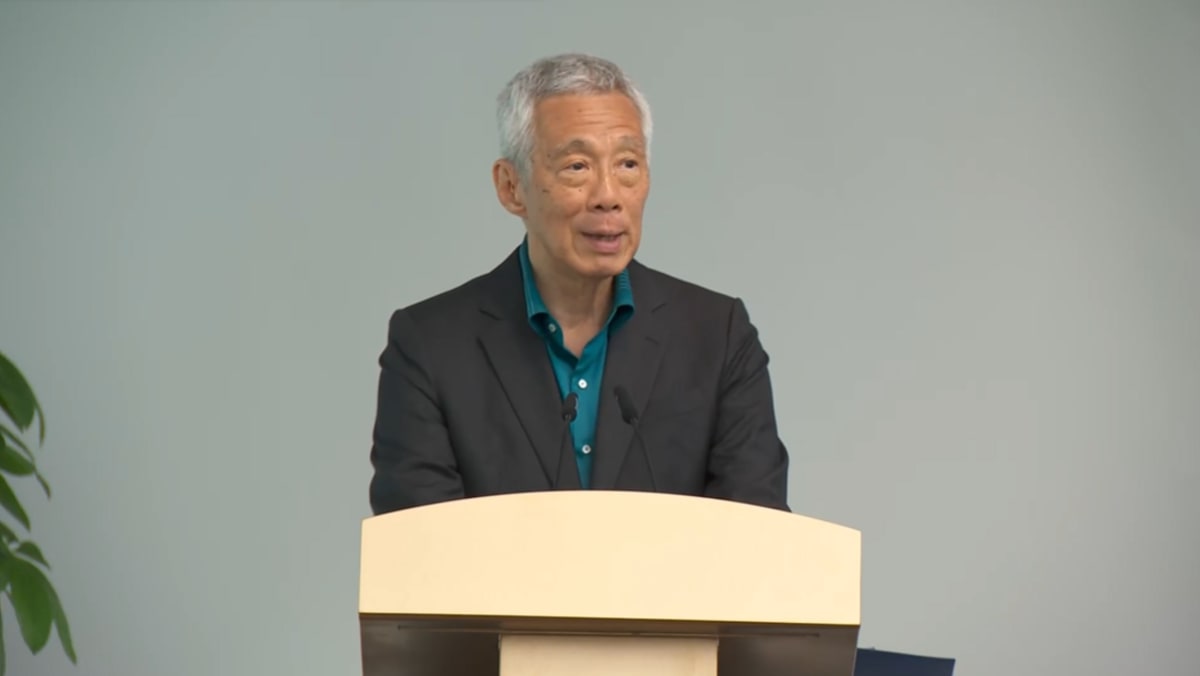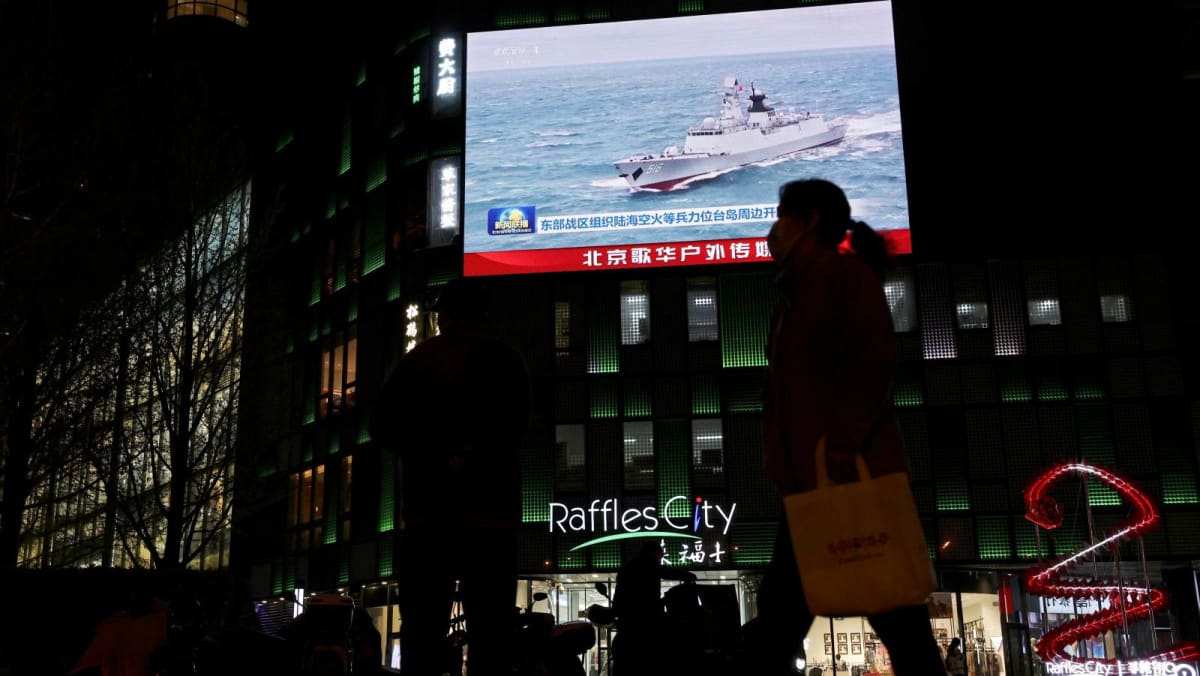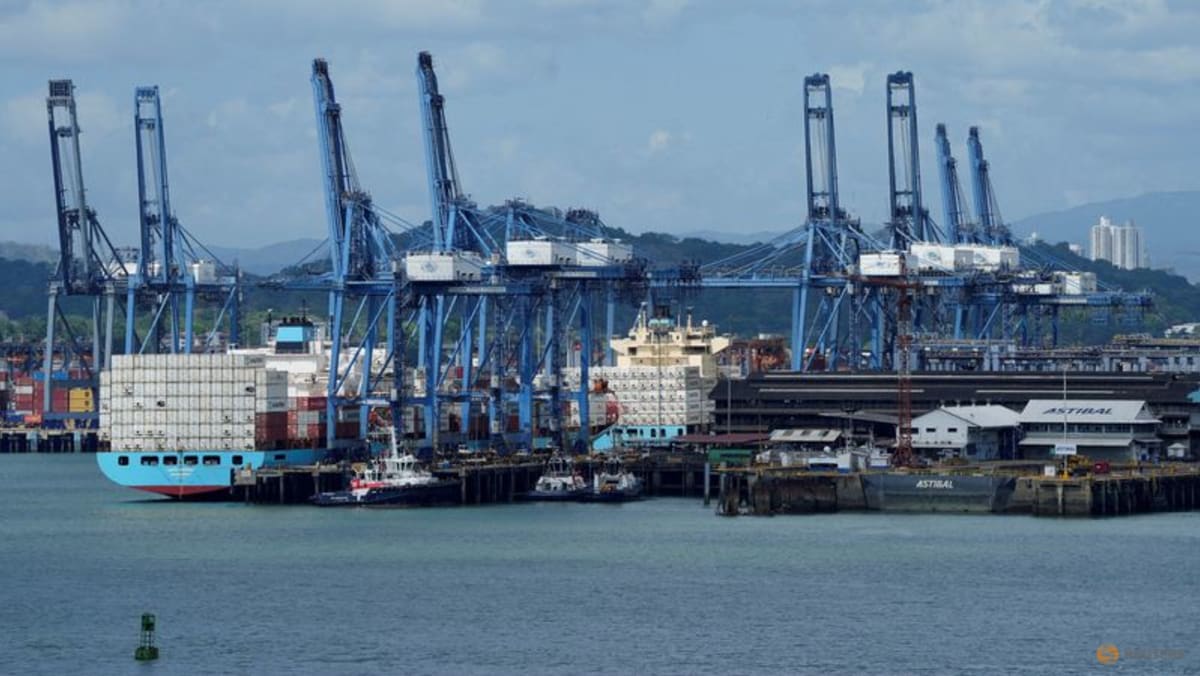Hong Kong issues new national security law Bill with tougher jail terms

The European Union, in a statement to Reuters, said it had made clear in a diplomatic note its “grave concerns” over the far-reaching provisions in the bill on “external interference” and the law’s extra-territorial reach.
The draft Bill, however, noted some rights provisions.
“Human rights are to be respected and protected, the rights and freedoms, including the freedoms of speech, of the press and of publication, the freedoms of association … are to be protected,” the Bill read.
The issue is being closely watched by foreign diplomats and businesses who fear it could further dent freedoms in the financial hub. Hong Kong authorities have fast-tracked the Bill, which was unveiled nine days after a one-month public consultation ended.
“The fact they are rushing through article 23 shows concern about public opposition. The business community is going to be unhappy unless guard rails are protecting individual rights,” Andrew Collier, managing director at Hong Kong-based Orient Capital Research told Reuters.
Simon Young, a law professor at the University of Hong Kong, also said the broad definitions of crimes, especially those linked to foreign interference and collusion, could prove challenging to firms.
“It may well be that businesses or groups that have some connection with foreign governments might fall under the radar as an ‘external force'”, Young said.
CONCERNS OVER FREEDOMS
Hong Kong has long been a business, academic and media hub for China and the region, but in recent years critics say the rule of law and freedom of information have been undermined.
Hong Kong and Chinese officials have said the draft was similar to laws in some Western nations and that it was necessary to plug “loopholes” in the national security regime.
That regime was bolstered in 2020 by another law imposed directly by China which at the time said it was aimed at restoring stability after pro-democracy protests a year earlier.
The debate on the Hong Kong Bill coincides with a move by China’s top lawmakers to create a slew of new national security laws in order to safeguard the mainland’s sovereign interests.
The Hong Kong Bill proposed extending police detention for those arrested, without charge, for up to 14 days with a magistrate’s approval and potentially limited access to lawyers, compared to 48 hours currently.
The sentences for sedition, defined as inciting disaffection or hatred towards authorities through acts, words or publications, have been expanded from two to up to 10 years for offences in collusion with foreign forces.
Critics, including media advocacy groups, had earlier called for sedition to be scrapped, noting its potential use to silence freedom of expression and the media.
The Bill proposes a jail term of up to three years, up from one year, for possessing a seditious publication and police have the right to search any premise to seize and destroy such material.
The definition of state secrets also appears quite broad, some lawyers said, saying it includes military, security and diplomatic secrets as well as classified social, economic and technological information involving China and Hong Kong governments, and their relationship.
Source: CNA













